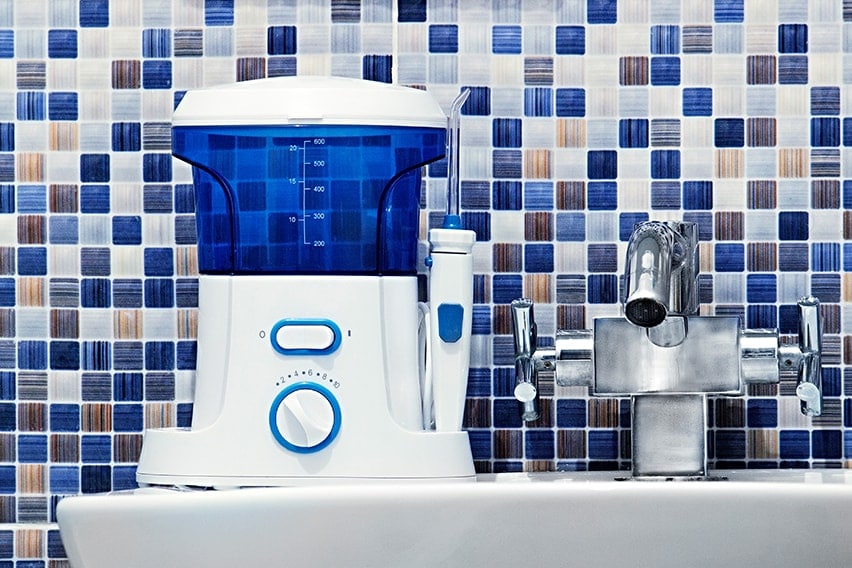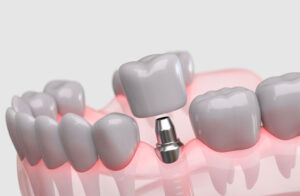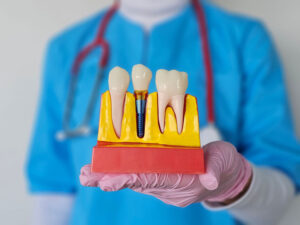Many patients considering dental implants often wonder what life afterward will be like. Maybe you’ve already been convinced by the ways in which dental implants can make you more confident, or by how they can help preserve jaw bone. The next step is properly taking care of them.
When properly caring for your dental implants, they can last for a lifetime. Though much of your routine will remain the same, brushing and flossing twice a day, implant care differs in a few ways because of their attachment to the surrounding bone and gum. To protect this attachment, warding off inflammation is key.
Whether you’ve already gotten dental implants, or are considering them in the future, here are five tools to help care for them.
Toothbrush
Studies have shown that there are no significant benefits to using a sonic, electric, or manual toothbrushes. When caring for dental implants, what is most important is technique. Implants should be brushed twice daily to remove plaque, paying special attention to the area under and around the gum. This will prevent infection and inflammation. A soft toothbrush is generally best, and make sure you’re not using a highly abrasive toothpaste.
Floss
Much like toothbrushes, technique and routine are much more important than product.
To properly floss a dental implant, insert the floss contacts on both side of the implant, wrapping it in a crisscross pattern, and maneuvering the floss in a shoe-shine motion. Repeat this twice a day to fight against infection.
Interdental Brushes
Floss works great for most cleaning between your teeth, but for some people interdental brushes are a little easier to use. There are many situations where your dental implants or implant dentures will be a lot easier to clean with one of these small brushes. In general, these are easier to use than floss. Some people switch to these instead of floss for their natural teeth, too.
Oral Irrigators / Water Flossers
Oral irrigators or “water flossers” use a stream of water to remove plaque that has become trapped beneath the gum line. Studies have shown that water flossers can be up to 50% more effective than traditional floss in reducing gum disease.
Mouthwash
Mouthwash isn’t always best for your dental implants or for your natural teeth. But sometimes mouthwash can help protect you from irritation and inflammation. Talk to your implant dentist about when and how frequently you should use mouthwash.
Caring for dental implants doesn’t have to be rocket science. By creating a set routine, and practicing effective ways to clean your mouth, you can both protect your dental implants and your natural teeth from cavities, staining, and periodontal disease.
Another important method for caring for your dental implants is maintaining regularly scheduled cleanings. When you check in with your dentist regularly, they can detect and care for problems early.
If you are in the Westchester County, Mohegan Lake, or Yorktown, New York area and would like to discuss dental implants, please contact our experienced implant dentists at Advanced Dentistry of Mohegan Lake to schedule a consultation.
